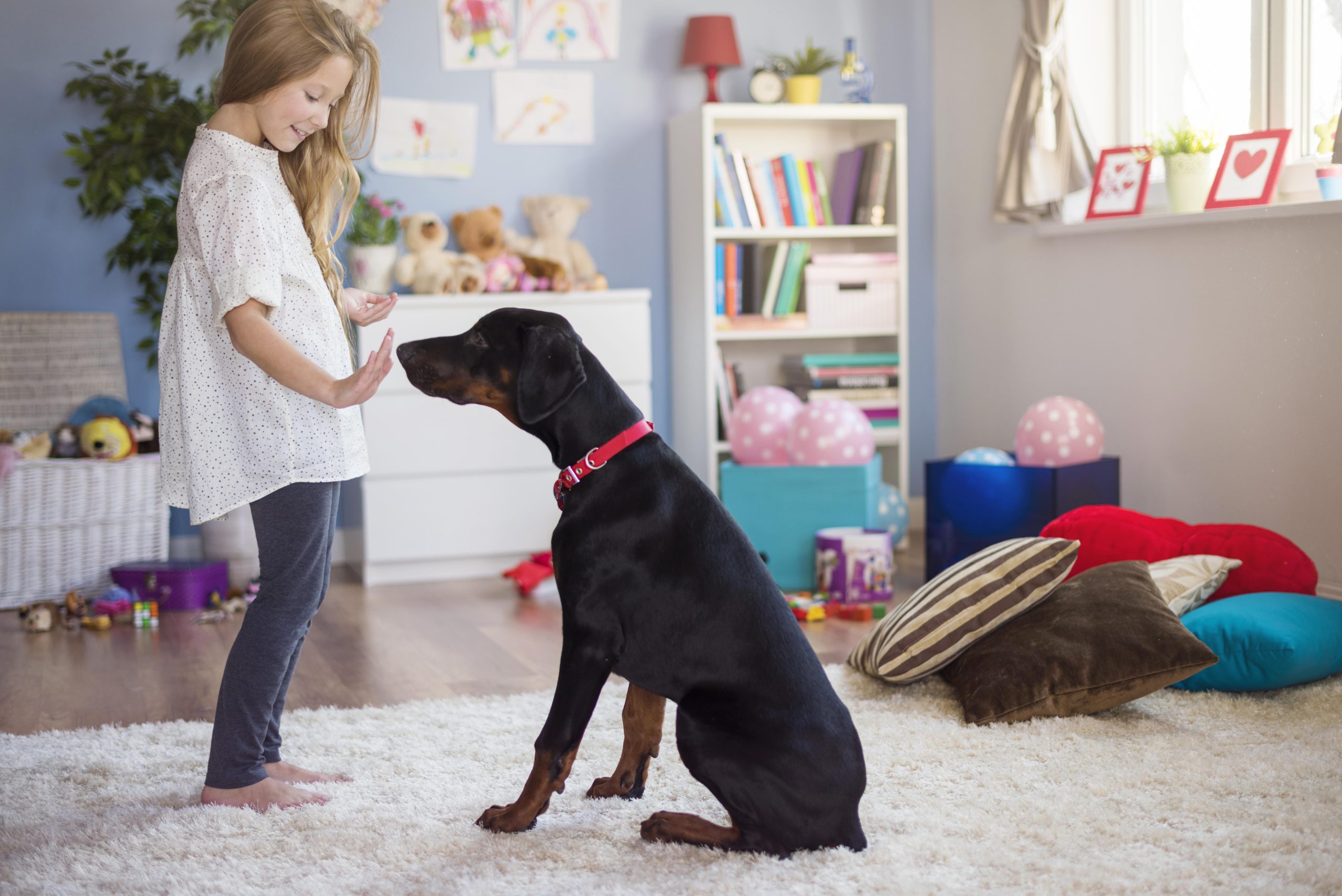
Welcoming a puppy into your home is an exciting milestone, but it also brings a steep learning curve for both pet and owner. Enrolling in puppy training classes early on offers more than simple obedience lessons; it sets the stage for a respectful partnership built on trust and clear communication. From mastering basic commands to fostering social confidence, structured guidance shapes lifelong behaviour and strengthens your bond. Proper training at the outset prevents frustration and supports a harmonious household.
Building a Strong Foundation
Establishing solid foundations begins with simple daily cues such as ‘sit’, ‘stay’ and ‘come’. In a controlled class environment, puppies learn through positive reinforcement and repetition. Trainers guide owners to use consistent signals and rewards, ensuring commands become second nature. In group sessions, puppies observe peers, reinforcing lessons through mimicry and environmental context.
Encouraging Socialisation and Confidence
Group lessons expose your puppy to new faces, sounds and surfaces under professional supervision. This controlled socialisation reduces fear responses and aggressive tendencies later on. Trainers introduce activities that promote curiosity rather than caution, allowing dogs to explore safely. Confident pups transition easily to parks and public spaces. Early exposure to different environments enhances adaptability, preventing common issues such as separation anxiety and reactivity.
Establishing Consistent Communication
A shared language of cues and rewards strengthens the human–canine bond. During an accredited puppy training course, you learn to read body language and respond to canine signals accurately. Trainers demonstrate how tone, timing and posture influence behaviour, helping owners avoid mixed messages. Consistent communication reduces frustration for both parties, ensures reliability of recall in distracting settings, and fosters mutual respect that underpins safe coexistence.
Addressing Common Behavioural Challenges
Puppies often exhibit nipping, excessive barking or toileting mishaps as they learn boundaries. In classes, qualified trainers identify triggers and recommend tailored strategies, such as redirection for mouthing or crate training for bladder control. These methods tackle root causes rather than symptoms. By understanding why your puppy behaves a certain way, you can apply corrections that stick, reducing frustration and preventing the escalation of unwanted habits into adult problems.
Empowering Owners with Effective Techniques
Beyond canine instruction, classes equip owners with practical techniques. You gain skills in problem‑solving, from managing recall in open spaces to handling overstimulation on busy streets. Trainers also teach maintenance routines, such as ongoing refresher drills and environmental proofing, to reinforce lessons at home. This proactive approach means owners feel confident addressing issues as they arise, ensuring consistent progress and a loyal companion.
Enrolling in puppy training and puppy play classes transforms raw enthusiasm into a lifetime of positive behaviour and understanding. By investing in structured learning, you build trust, prevent common problems and create a harmonious home where both puppy and owner thrive, nurturing lifelong companionship. Together, you set the stage for years of shared joy.
